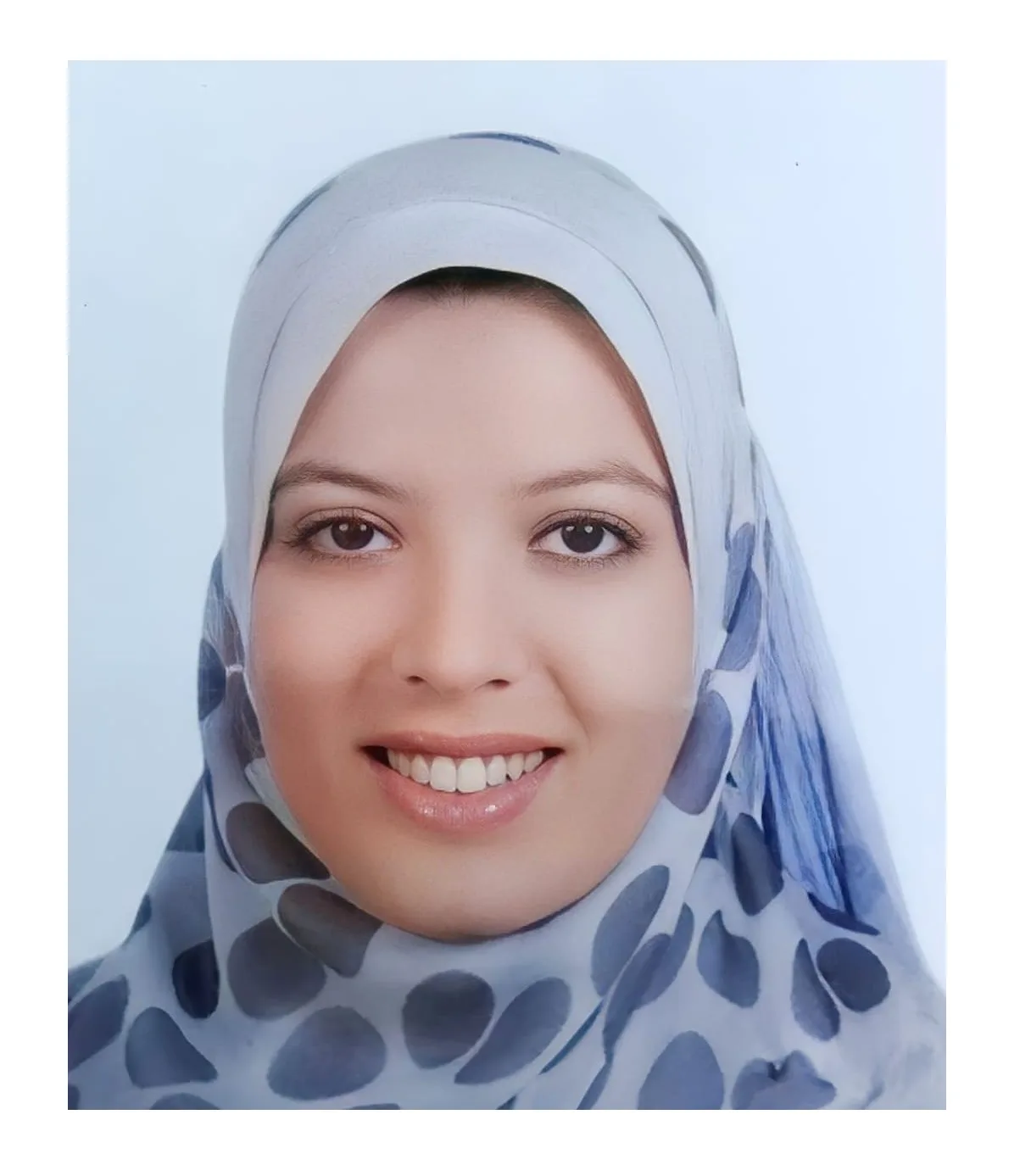RSTMH 2021 Early Career Grant
Since 1907, the Royal Society of Tropical Medicine and Hygiene (RSTMH) has been dedicated to improving tropical medicine and global health.


Grant Awarded
Esraa Hammouda
Researcher | Epidemiologist | Clinical pharmacist
The experience of the grant with the Global Researcher Club
The experience of the grant was inspiring. 2 years after the application, sent to the grantee and accepted, and then, ethical approvals, data collection, data analysis, and writing the manuscript. Through this journey, I gained several research skills. I would like to thank the Global Researcher Club specially Dr Ramy Ghazy for giving me the opportunity to apply for the Royal Society of Tropical Medicine and Hygiene (RSTMH) small grant for mentoring me in all steps of the research. Thanks to all my study colleagues for their efforts and experiences.
Dr. Esraa Abdellatif Hammouda, Dr. Ramy Mohamed Ghazy, Dr. Wahib Fayez Gobran, Dr. Reem Mohamed Tawfeek, Dr. Rasha Ashmawy Mohamed, Dr. Ola Fahmy Khedr, Dr. Naglaa Yousef
Background
Assessment of quality of life (QoL) in patients with tuberculosis (TB) may improve healthcare providers’ understanding of the disease burden. This study aimed to investigate the QoL of patients with TB in Alexandria, Egypt.
Methods
This cross-sectional study was conducted in chest clinics and main chest hospitals in Alexandria, Egypt. A structured interview questionnaire was used to collect data from participants through face-to-face interviews from November 20, 2021, until the June 30, 2022. We included all adult patients aged 18 years or above during the intensive or continuation phase of treatment. The World Health Organization (WHO) WHOQOL-BREF instrument was used to measure QoL, which includes the physical, psychological, social relationships, and environmental health domains. Using propensity score matching, a group of TB free population was recruited from the same setting and completed the questionnaire.
Results
A total of 180 patients participated in the study: 74.4% were males, 54.4% were married, 60.0% were 18–40 years old, 83.3% lived in urban areas, 31.7% were illiterate, 69.5% reported insufficient income, and 10.0% had multidrug-resistant TB. The TB-free population group had higher QoL scores than the TB patients’ group: (65.0 ± 17.5 vs. 42.4 ± 17.8) for the physical domain, (59.2 ± 13.6 vs. 41.9 ± 15.1) for the psychological domain, (61.8 ± 19.9 vs. 50.3 ± 20.6) for the social domain, (56.3 ± 19.3 vs. 44.5 ± 12.8) for the environment domain, (4.0(3.0–4.0) vs. 3.0(2.0–4.0)) for general health, and (4.0(3.0–4.0) vs. 2.0(2.0–3.0)) for the general QoL, P < 0.0001. Patients with TB aged 18–30 years had the highest environmental score compared with the other age groups (P = 0.021).
Conclusions
TB had a significant negative impact on QoL, with the physical and psychological domains being the most affected. This finding necessitates strategies to improve QoL of patients with to enhance their compliance to treatment.

